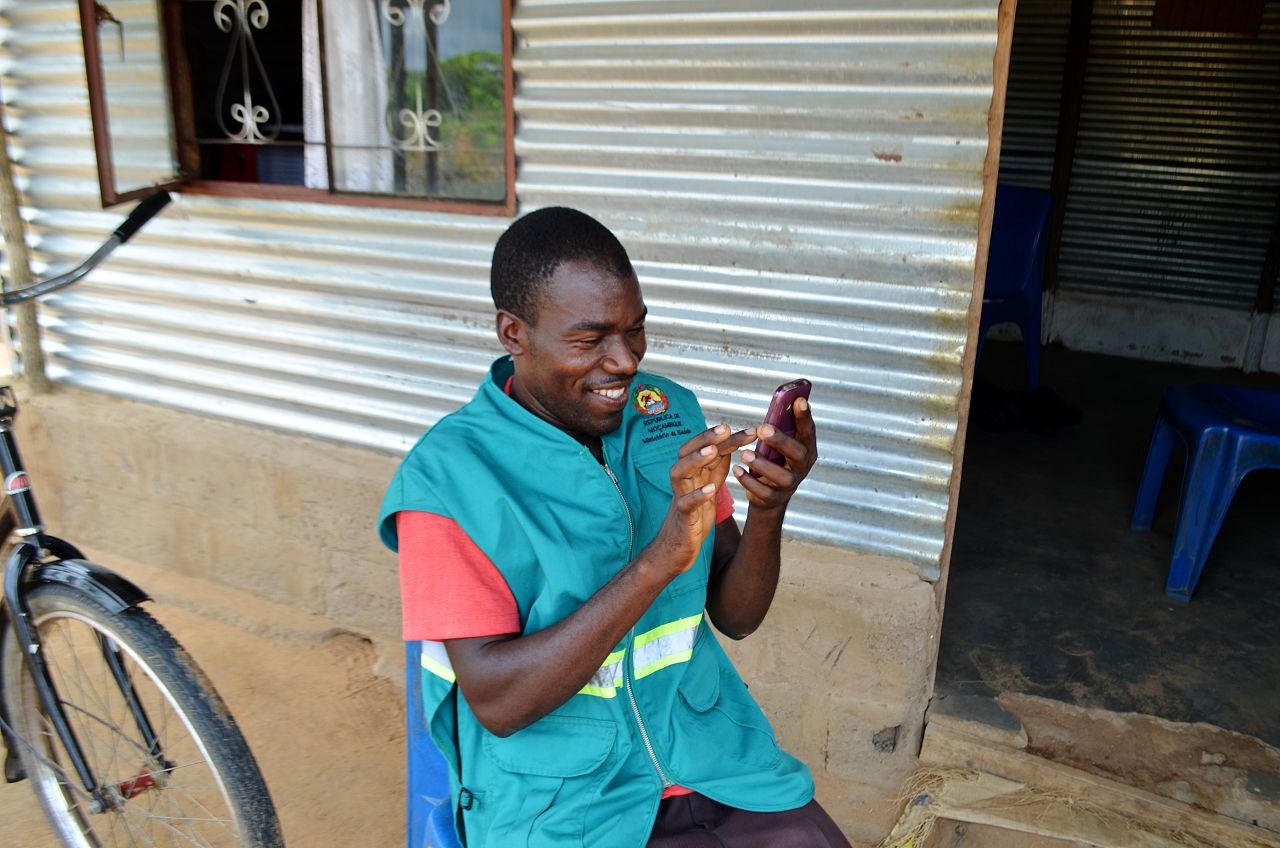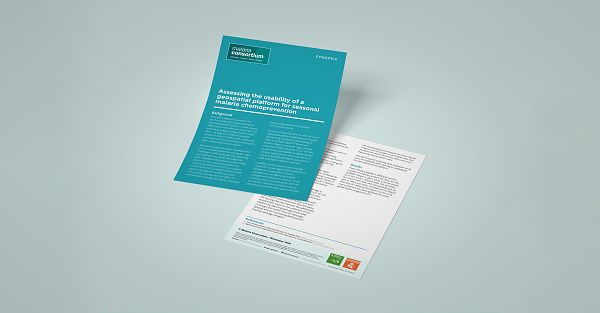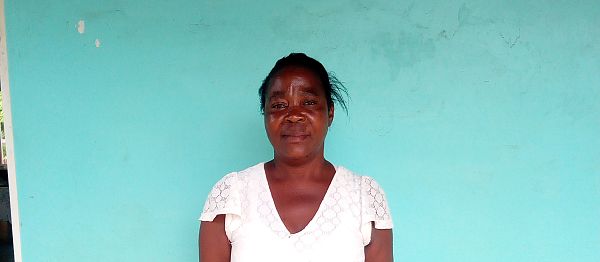Data-informed decision-making & digital approaches
Digital health has a core role to play in the sustainable attainment of universal health coverage – a global objective that underpins all our programmes – and we seek opportunities to make effective use of digital tools and approaches that improve data access and quality, enhance skills development and support surveillance and outbreak response.
Applying digital technology not only facilitates our ability to bring affordable, quality health services to those living in hard-to-reach areas, but can also facilitate communities’, health workers’ and governments’ (real-time) access to health information and data – improving knowledge, uptake of services, productivity and informed decision making, as well as strengthening the linkages between case-level data and national health information systems.

Digital Health Capacity Statement
We believe digital health is key to achieving our strategic objectives of improving equitable access to quality case management and advancing health system effectiveness and efficiency. We provide technical advice to governments on the implementation of digital health strategies and conduct operational research to build the evidence base for digital health development.
Image credit: Rodion Kutsaev
Learn more
Designing for scale
We think beyond pilot projects to create evidence-based, scalable digital health solutions. We were able to rapidly respond to the COVID-19 pandemic by adapting guidelines for programme delivery and innovative tools and digital solutions.
In practice: We adapted Mozambique's existing upSCALE digital platform to support community health workers' ability to respond to the pandemic.
Learn more
Using an open approach
We endorse an open approach to digital development, and support open standards, open data, open source and open innovation to support the successful implementation of malaria programmes.
In practice: We recently partnered with Akros to pilot the use of Reveal — an open-source geospatial platform with open standards — to support the planning, delivery and tracking of our 2020 seasonal malaria chemoprevention (SMC) campaign in Nigeria.
Learn more
Understanding the existing ecosystem
We believe that relevant, effective and sustainable digital health strategies are developed through careful consideration of the existing ecosystem in order to establish a functional and responsive health surveillance systems.
In practice: With the National Malaria Control Program in Mozambique, Malaria Consortium and partners developed an integrated malaria information storage system (iMISS) at the district and health facility levels based and fully integrated it with the national health management information system (HMIS). The platform gathers and visualises malaria data from different sources.
Learn more
Being collaborative
We collaborate with governments and partners to ensure that we bring the right mix of knowledge and expertise to each digital health initiative on which we work.
In practice: We have recently joined forces with four universities/research centres from across the world to jointly develop and assess the feasibility of using an AI algorithm to measure respiratory rate in children under five via videos captured on mobile devices.
Learn more





